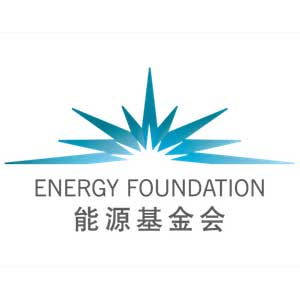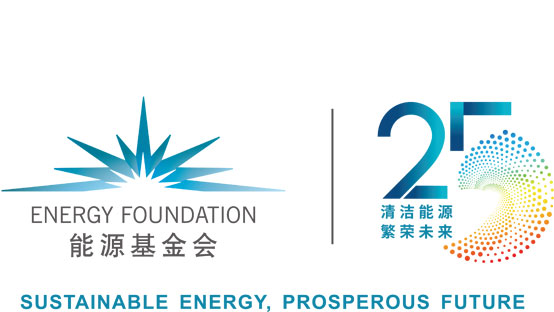A New Ministry to Co-Control Pollutant and Carbon Emissions
Earlier this year, the Chinese Government made a momentous decision to hand over climate change responsibilities to the Ministry of Ecology and Environment. This means that the newly formed Ministry is now in possession of a significant political mandate that its predecessor the Ministry of Environmental Protection was never able to obtain.
For the foreseeable future, this act will provide a strong institutional guarantee for ecological improvement and green development in China. It’s also a clear commitment to make a sizable contribution to global efforts on this front.
It’s part of the nation’s larger efforts to upgrade China’s development model and economic structure, in order to improve its development quality, foster new drivers of growth, and create green jobs. But the most important goal of this reform should be achieving air pollution control and greenhouse gas emission reductions at the same time. Its ultimate success or failure will hinge upon whether or how well this goal can be reached.
Since the guiding principle of the reform lies in integrating climate actions into efforts to improve environmental quality, thereby co-controlling pollutant and GHG emissions, efforts will have to be made to optimally allocate available resources—political, legal, administrative, economic, and technological—for environmental co-management, a tall order for a ministry that is determined to make things happen this time. It must use everything at its disposal—regulations, markets, communications and education, and other policy tools. With the new ministry, climate change oversight can now be integrated into the existing policy mechanisms in the areas of statistics, monitoring, supervision, and enforcement.
With a difficult road lying ahead, there are a few things the Chinese government can do to make things easier, the foremost being the utilization of its system of central leading groups, ad hoc supra-ministerial teams of leaders formed to coordinate and build consensus on issues that cut across the government and party systems and showcase top leaders’ resolve over a certain issue. Specifically, the government needs to set up a task force within the Central Leading Group for Financial and Economic Affairs in charge of “Ecology and Climate Change” issues. Meanwhile, it should also establish a similar leading group at the State Council, so as to enhance coordination across government departments.
Energy Foundation China also makes the following recommendations:
- Consider to link the carbon trading system in the electric power sector to the current pollution permit system;
- Explore the feasibility of introducing a carbon tax, on the basis of the environmental tax, into other sectors, especially those characterized by scattered emission sources;
- Make efforts to improve the current environmental statistics and monitoring system with the inclusion of a monitoring, reporting, and verification system for GHGs;
- Add a variety of GHGs such as methane, nitrous oxide, and hydrofluorocarbons into the GHG regulation framework that is currently focused on carbon dioxide;
- At all the administrative levels, departments in charge of ecology and environmental affairs should also take up climate oversight responsibility, and a cross-department coordination mechanism on ecological issues and climate change needs to be established; and
- Incorporate climate change into the current international cooperation system for environmental protection, with an emphasis on institutional capacity building in regard to greening the Belt and Road initiative; and strengthen the capacity for international climate change negotiations, in a move to enable China to play a bigger role as an “important participant, contributor, and torchbearer” in global climate governance.




